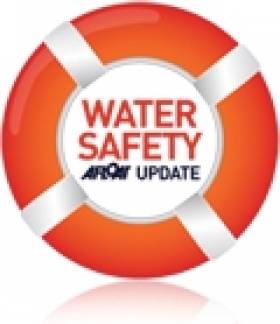Displaying items by tag: National Water Safety Forum
New Database Reveals Deaths in UK Waters
The first report from a new incident database shows that more than 400 people died from accidents or by natural causes in water across Great Britain and Northern Ireland in 2009.
The WAID (Water Incident Database) was developed by the National Water Safety Forum (NWSF) to enable greater detail and volume in collecting data on fatal and non-fatal drowning, other water-related deaths and injuries, and near misses.
Of the 405 total deaths in 2009, more than half (213) occurred in inland waters. Nearly a quarter (99) happened on the coast or in a harbour, dock, marina or port, while one in seven deaths (57) happened further out at sea.
There were 19 deaths as a result of incidents in baths, five in swimming pools and one involving a water container. Eleven people died in places that are not usually watercourses, such as flooded areas.
The most commonly reported activity, which accounted for 78 fatalities, was someone entering the water while walking or running, for example to cool off or by falling.
Saturday was noted the most common day and August the most common month for fatalities to occur.
David Walker of the NWSF and the Royal Society for the Prevention of Accidents said: “Managing water risks is all about a balance between giving people freedom to make informed choices about how to enjoy water and the impact those choices have on society in general."
He added: "By providing better information, WAID will assist in striking that balance and enable us to develop more effective prevention work.”
WAID was developed by NWSF member agencies and bodies in partnership with the UK Department for Transport. For more information and to view the report visit www.nationalwatersafety.org.uk.
























































